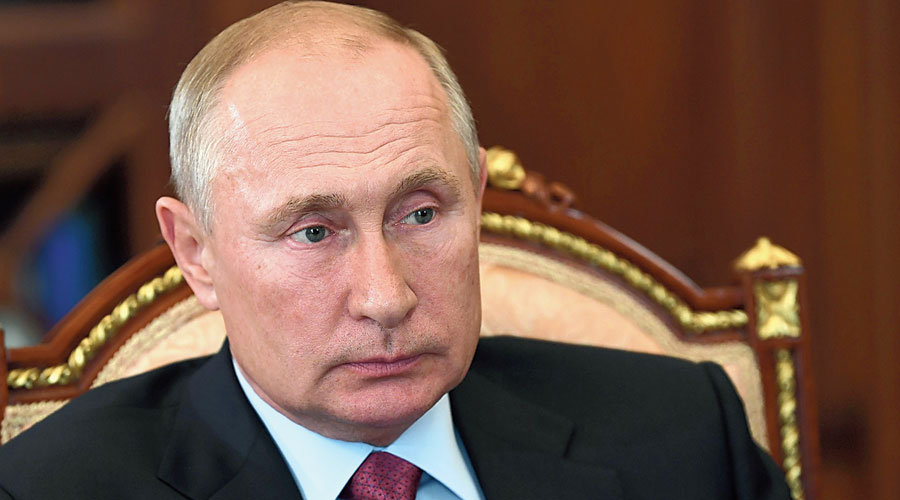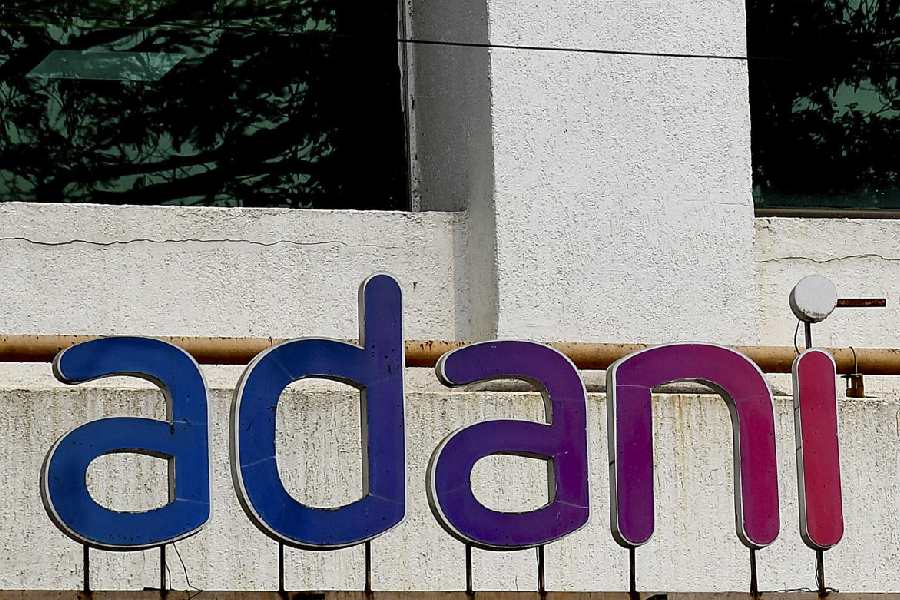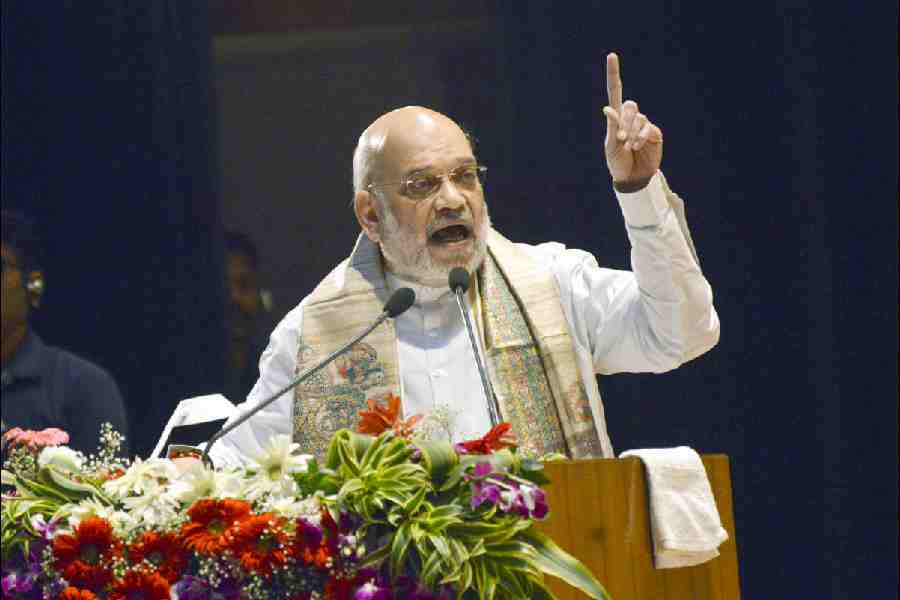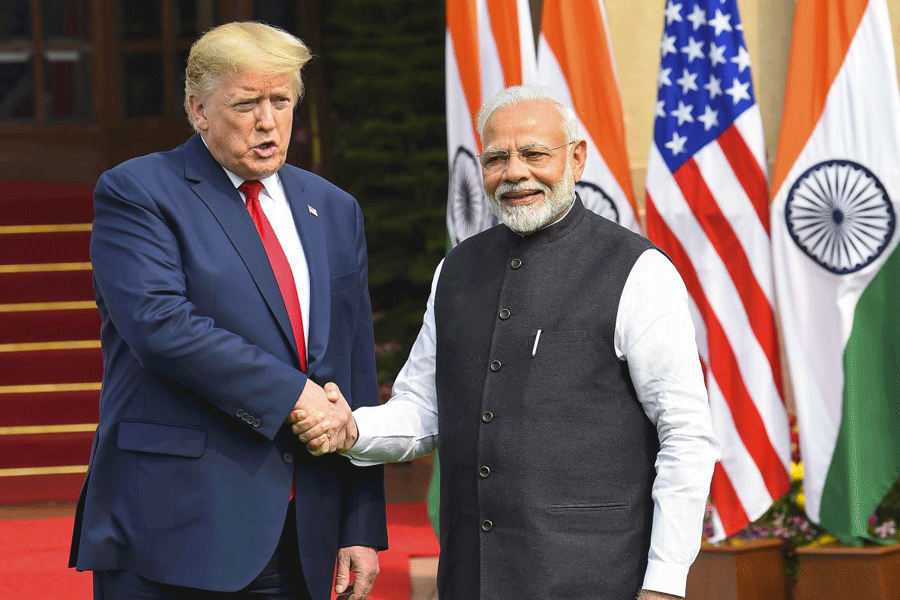The morning after Joseph R. Biden Jr became President-elect of the US, the Kremlin published a congratulatory message from President Vladimir V. Putin.
It was a happy-60th-birthday greeting to a Moscow theatre director.
Unlike his Western European counterparts, who quickly posted congratulations on Saturday, Putin had not issued a statement on the President-elect even as night fell in Moscow on Sunday. Four years earlier, the Kremlin rushed out a message for President Donald Trump within hours of the American television networks calling the race on election night.
“Putin is a good soldier and does not wag his tail before his enemies,” a prominent pro-Kremlin analyst, Sergei A. Markov, said in explaining the difference.
The early signs indicate that Putin is preparing for a deeply adversarial relationship with America’s next President. While Trump never delivered on Russian hopes of rapprochement between Washington and Moscow, his America-first foreign policy dovetailed with the Kremlin’s desire to weaken the Western alliance and to expand Russian influence around the world.
Biden, by contrast, is a President-elect whom Putin already has many reasons to dread. Biden sees Russia as one of America’s biggest security threats, promises to rebuild frayed ties with European allies and, as Vice-President, worked actively to support pro-Western politicians in Ukraine, a country at war with Russia.
To Russia’s governing class, the 77-year-old Biden was the preferred candidate of an American “deep state” — a huge network of spies and diplomats that, in the Kremlin’s telling, worked to undermine Trump and his efforts to improve ties with Russia. And Biden, unlike Trump, seems to many Russians to be the sort of American politician they detest the most: someone ready to meddle around the world in the name of democratic ideals, rather than respecting spheres of influence and engaging with Moscow in hard-nosed talks.
“There you have it, the notorious deep state that Trump had promised to get rid of,” Mikhail V. Leontyev, a commentator, intoned on the prime-time news in Russia on Saturday, describing Biden. “We wouldn’t give a toss about this if these guys didn’t try to get involved in all our business, and the probable winner has made it his mission to get involved in all the world’s business.”
As swing states counted votes in recent days, Russian state television increasingly adopted Trump’s assertion that the Democrats had stolen the election. A reporter in Washington for Russia’s state-run Channel 1 ridiculed the street celebrations of Biden’s victory as those of people “crying, hopping around and getting drunk”. On a Sunday-night news show, the host Dmitri Kiselyov said the election showed the US to be “not a country but a huge, chaotic communal apartment, with a criminal flair”.
Putin’s spokesman, Dmitri S. Peskov, told reporters on Monday that the Kremlin was holding off on a congratulatory message out of respect for the court challenges launched by Trump. “We believe it would be proper to wait for an official announcement” of the election results, Peskov said. “In any case, we hope that it will be possible to establish a dialogue with the next President of the US and to agree on paths toward normalising our bilateral relationship.”
But the vitriol on Kremlin-controlled television, and the lack of a quick congratulations for Biden, was notable given that Putin appeared to be trying to distance himself from Trump as Biden emerged as the clear favourite in recent months.
“There are increasingly few within the Russian elite who see Trump as an objective in himself,” Tatiana Stanovaya, a political commentator, wrote in an essay titled “A Farewell to Trump?” She added that there was “also a feeling of Trump fatigue,” even in the Kremlin.
New York Times News Service











